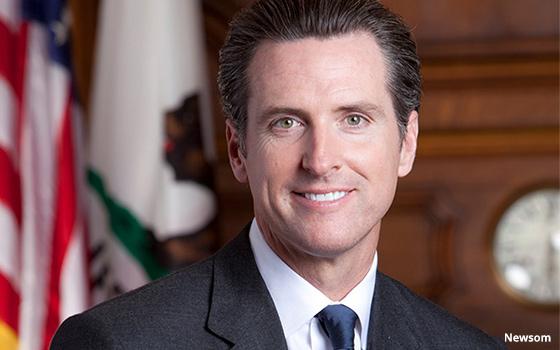
Citing disruption caused by COVID-19, as well as continued
regulatory uncertainty, the ad industry is urging California's governor to delay enforcement of the state's new privacy law.
“Consumers, businesses, and the public health would benefit
from a reasonable forbearance of enforcement during this pandemic,” the Association of National Advertisers says in a letter sent this week to Governor Gavin Newsom.
The state's new
privacy law, which took effect in January, gives consumers the right to learn what information has been collected about them by companies, have that information deleted, and prevent the sale of that
data to third parties. California Attorney General Xavier Becerra is slated to begin enforcement on July 1.
In addition to asking Newsom to push back enforcement, the ANA is urging him to
intervene to “remedy the constitutional and procedural defects” in regulations proposed by Becerra, but not yet approved by the state's Office of Administrative Law.
advertisement
advertisement
The ANA
particularly criticizes a proposed mandate for web companies to honor requests by consumers to opt out of the sale of their data on a global basis. Specifically, the proposed regulation would require
companies to honor "user-enabled global privacy controls, such as a browser plugin or privacy setting, device setting, or other mechanism, that communicate or signal the consumer’s choice to
opt-out of the sale of their personal information."
Browser developers have offered do-not-track signals for years, but those signals don't prevent tracking. Instead, the signals communicate a
do-not-track request to ad tech companies and publishers, which are free to decide how to treat the requests. Currently, those requests are widely ignored. But those existing do-not-track controls
could potentially function as global do-not-sell requests,
depending on how the browser developers describe the controls to users.
The ANA argues that requirement would violate the First Amendment “by impermissibly burdening businesses’
commercial speech.”
The organization also says Becerra lacks authority to issue that rule, arguing that it goes beyond the requirements of the text of the law.
“Instead of
instituting a blanket requirement for businesses to honor browser signals and other intermediary controls, a proposal that goes beyond the law’s intent and scope, the law should provide that
businesses may honor these browser controls or offer consumers another, equally effective method of opting out of personal information sale,” the ANA writes.
The ANA, along with other ad
industry groups, made a similar argument to Becerra in March.
At the
time, Justin Brookman, director of consumer privacy and technology policy for Consumer Reports, noted that judges previously rejected claims that the “do not call” system violated
telemarketers' First Amendment rights.
“The argument that global opt-outs are constitutionally prohibited is especially flimsy given that regimes like Do Not Call have been upheld," he
said.